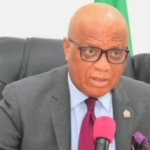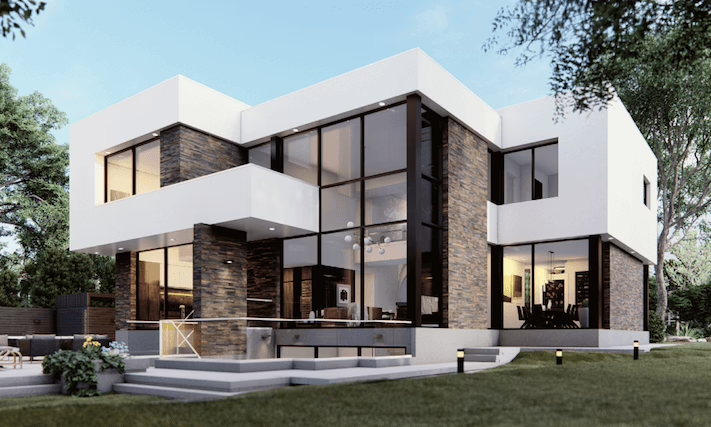Hon. Saheed Mosadoluwa, a seasoned real estate professional and CEO of Harmony Gardens and Estate Development, emphasizes the urgent need for Nigeria to construct over 700,000 new housing-crisis-28m-homes-drekford-solution/” title=”Tackling …'s … Crisis: How Drekford Is Bridging the Gap of Over 28 Million Missing …s”>homes annually for the next twenty years to address the staggering 28 million-unit housing shortfall.
In an interview with LEADERSHIP, Mosadoluwa identified several significant obstacles hindering homeownership in Nigeria, including exorbitant interest rates, soaring costs of construction materials, currency exchange instability, limited mortgage repayment periods, and restricted access to financing options.
He highlighted mortgage financing as a critical barrier, noting that fewer than 5% of Nigerians currently benefit from mortgage loans. This low uptake is largely due to steep interest rates, short repayment tenures, and cumbersome land administration processes.
Harmony Gardens recently unveiled the “Home Ownership Made Easy (HOME)” initiative in partnership with the Ministry of Housing. The project’s flagship development, Lekki Aviation Town, has transformed from undeveloped land into a vibrant community featuring over 500 completed homes as of July 2025.
Mosadoluwa described this initiative as more than a solution-it is a replicable model for affordable, inclusive, and sustainable housing amid Nigeria’s ongoing housing crisis.
The HOME program offers a streamlined mortgage plan enabling Nigerians to purchase homes with just a 10% down payment, move in after paying 30% of the total cost, and access up to N50 million in financing from the Federal Mortgage Bank of Nigeria (FMBN) at single-digit interest rates.
This innovative approach starkly contrasts with Nigeria’s traditional mortgage framework, where interest rates typically range from 32% to 38%, effectively excluding millions from affordable homeownership opportunities.
“The response has been promising,” Mosadoluwa shared. “To date, 3,495 Nigerians living abroad have received homeownership guidance through the scheme. Additionally, 232 families have finalized their purchases and are set to move in by October, while 1,091 others have secured their homes with initial 10% deposits and await mortgage disbursements.”
He underscored several key strategies to tackle Nigeria’s housing deficit: combining private investment with affordable government funding to enhance affordability; reducing interest rates from double to single digits to improve repayment capacity; and promoting financial literacy to empower buyers to make informed, sustainable decisions.
Furthermore, Mosadoluwa stressed the importance of flexible repayment plans, advocating for mortgage tenures extending 20 to 30 years to make homeownership attainable for middle- and low-income earners.
“Urgent reforms are needed,” he asserted, calling for state-level adoption of pro-mortgage legislation, modernization of land registries, and establishment of clear foreclosure policies. He also highlighted the effectiveness of Public-Private Partnerships (PPPs) in scaling housing solutions, citing Harmony Gardens and similar African projects as successful examples.
Looking ahead, Mosadoluwa revealed ambitious plans to deliver 10,000 homes to 18,000 families within five years. He urged developers, financial institutions, and government bodies to collaborate closely to realize this vision and create a replicable national housing framework.

















